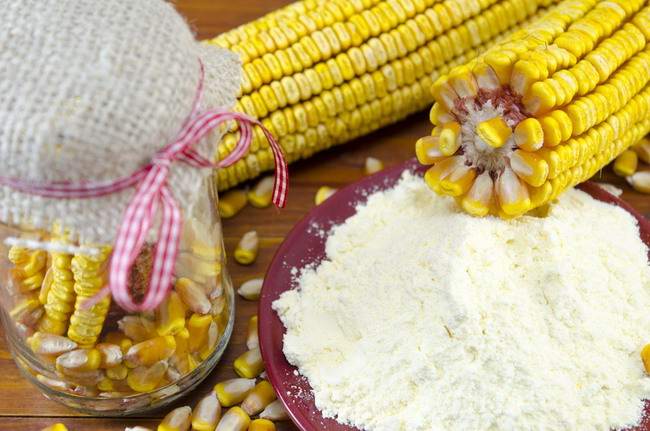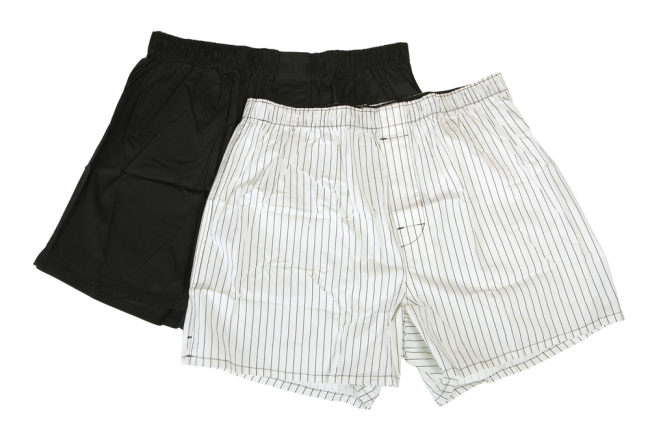Not only does it taste good, there are many benefits of cassava for toddlers that you need to know. These benefits are obtained from the nutritional content of these root crops. For more details, let's look at the benefits of cassava for toddlers in this article.
Just like rice, sweet potatoes, and potatoes, cassava is often consumed as a staple food by some Indonesians. Besides being filling and economical, this cassava also contains a variety of important nutrients, you know, Bun.

There are many nutrients contained in cassava, including carbohydrates, protein, fiber, sugar, vitamin A, B vitamins, folate, vitamin C, vitamin E, and vitamin K. Cassava is also a good source of calories, antioxidants, choline, and minerals. , such as calcium, iron, magnesium, phosphorus, potassium, sodium, and zinc.
The nutrients contained in cassava make this food good for consumption by children, both those under 5 years old (toddlers) and older children.
List of Benefits of Cassava for Toddlers
Cassava can be started to be given to babies aged 6 months who have received complementary foods (MPASI) and also toddlers. You can process these healthy foods in such a way, starting from being made into porridge, compote, getuk, or steamed as finger food.
Thanks to its diverse nutritional content, there are various benefits of cassava for toddlers that are important for you to know, namely:
1. Gives energy
In 50 grams of cassava contained about 80 calories. The number of calories in cassava is almost 2 times more than sweet potatoes.
Therefore, toddlers who eat cassava can get extra energy to carry out their daily activities, such as playing and learning. In addition, cassava also provides a feeling of fullness for longer, making it suitable as a healthy snack for the baby.
2. Support the process of growth and development
Cassava stores protein, carbohydrates, fiber, as well as various vitamins and minerals that are important for toddler growth and development. Studies say that the nutritional content of cassava is even good enough to prevent malnutrition in toddlers.
However, to meet your little one's nutritional needs, you can't just rely on cassava, right? Mothers still need to combine it with a variety of other healthy foods, such as fruit, vegetables, fish, eggs, milk, and nuts.
3. Fight free radicals
Free radicals are waste products from metabolism that can cause inflammation and damage to cells in a child's body. To counteract the effects of free radicals, the body needs adequate intake of antioxidants.
One type of food that is rich in antioxidants are fruits, vegetables, and tubers, including cassava. In addition, the content of antioxidants, such as vitamin C and vitamin E, as well as protein in cassava is also good for strengthening the immune system of toddlers, Bun.
4. Healthy and smooth digestion
Cassava contains fiber and prebiotics that children need for a healthy digestive system, including preventing constipation.
5. Keep blood pressure stable
High blood pressure can not only be experienced by adults, but also children, including toddlers. The causes can vary, ranging from heredity to unhealthy eating patterns, such as consuming too much salt.
Well, to prevent this from happening, you need to give your little one healthy food, such as cassava. The content of potassium and antioxidants in this food is known to keep blood pressure normal.
Safe Ways to Process Cassava for Toddlers
Seeing the many benefits of cassava for toddlers, now you can start to include cassava in your daily menu.
However, remember. Although the benefits are quite diverse and contain the nutrients needed by the little one's body, cassava should not be consumed in excessive amounts.
To get the optimal benefits of cassava, there are several things that you should pay attention to when processing cassava, namely:
- Clean the cassava from the skin before processing and consuming it. This is because cassava peel contains cyanide which is dangerous for children's health.
- Soak cassava in water for at least 40 hours before processing. This aims to reduce the amount of harmful toxins in cassava.
- Make sure you cook the cassava until it is completely cooked.
- Serve cassava with a protein source, such as milk, to your little one. This is because the protein can neutralize the toxic effects of cyanide contained in cassava, so this food is safer for consumption.
If processed in the right way, cassava is safe for consumption by toddlers, really, Bun. However, if after eating cassava your little one has allergies or certain complaints, such as itching, vomiting, shortness of breath, and diarrhea, immediately take him to the doctor for treatment.









